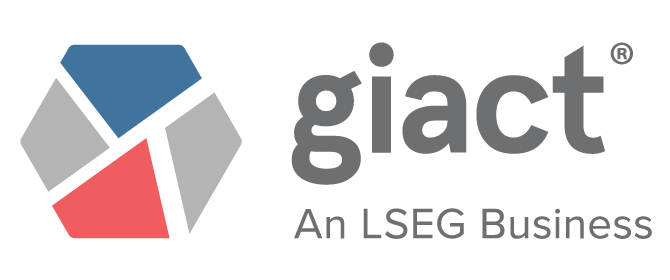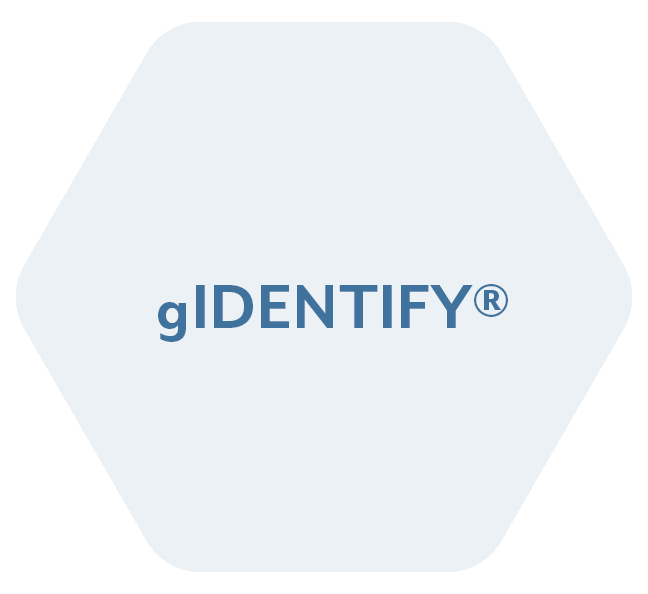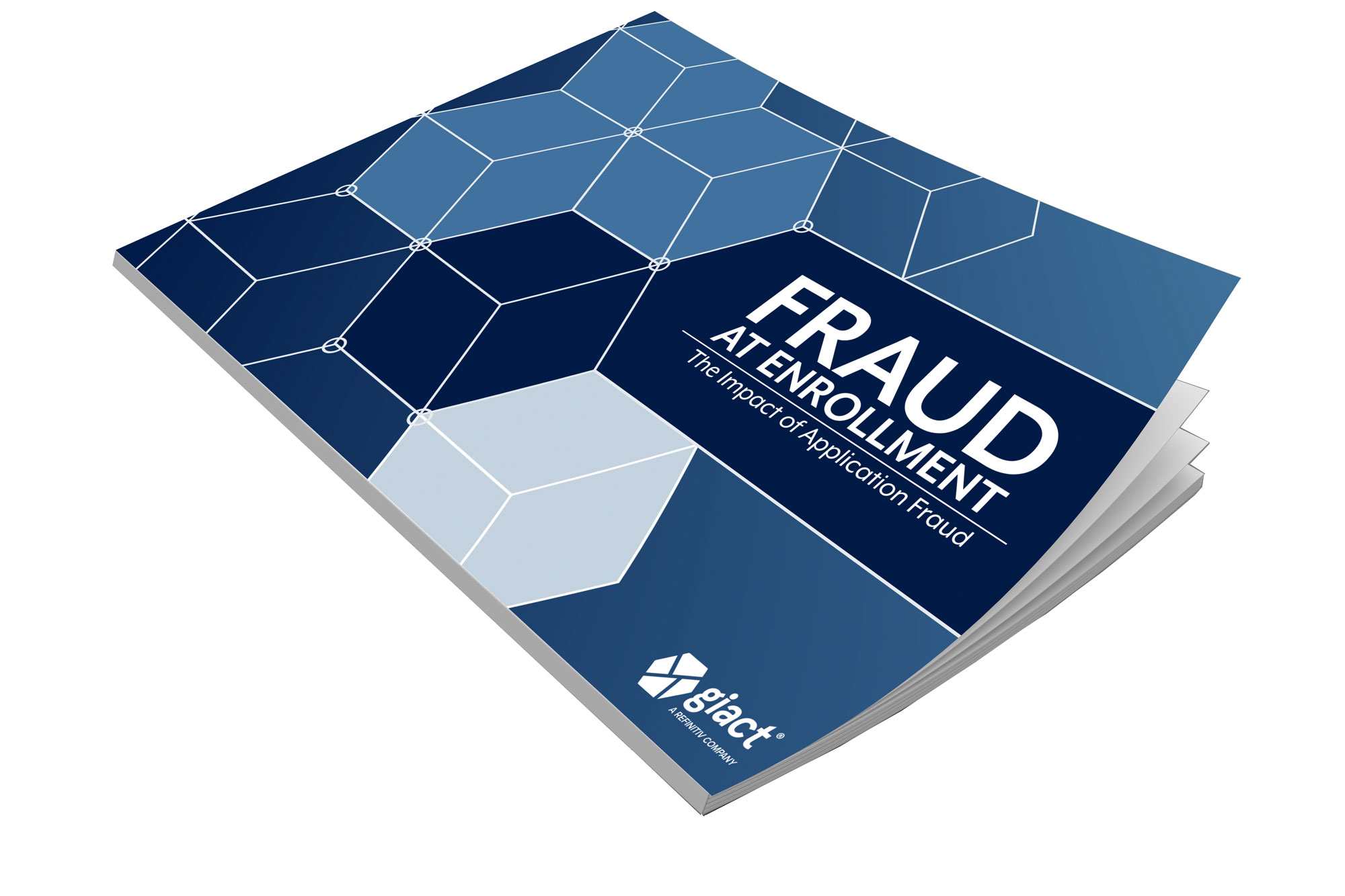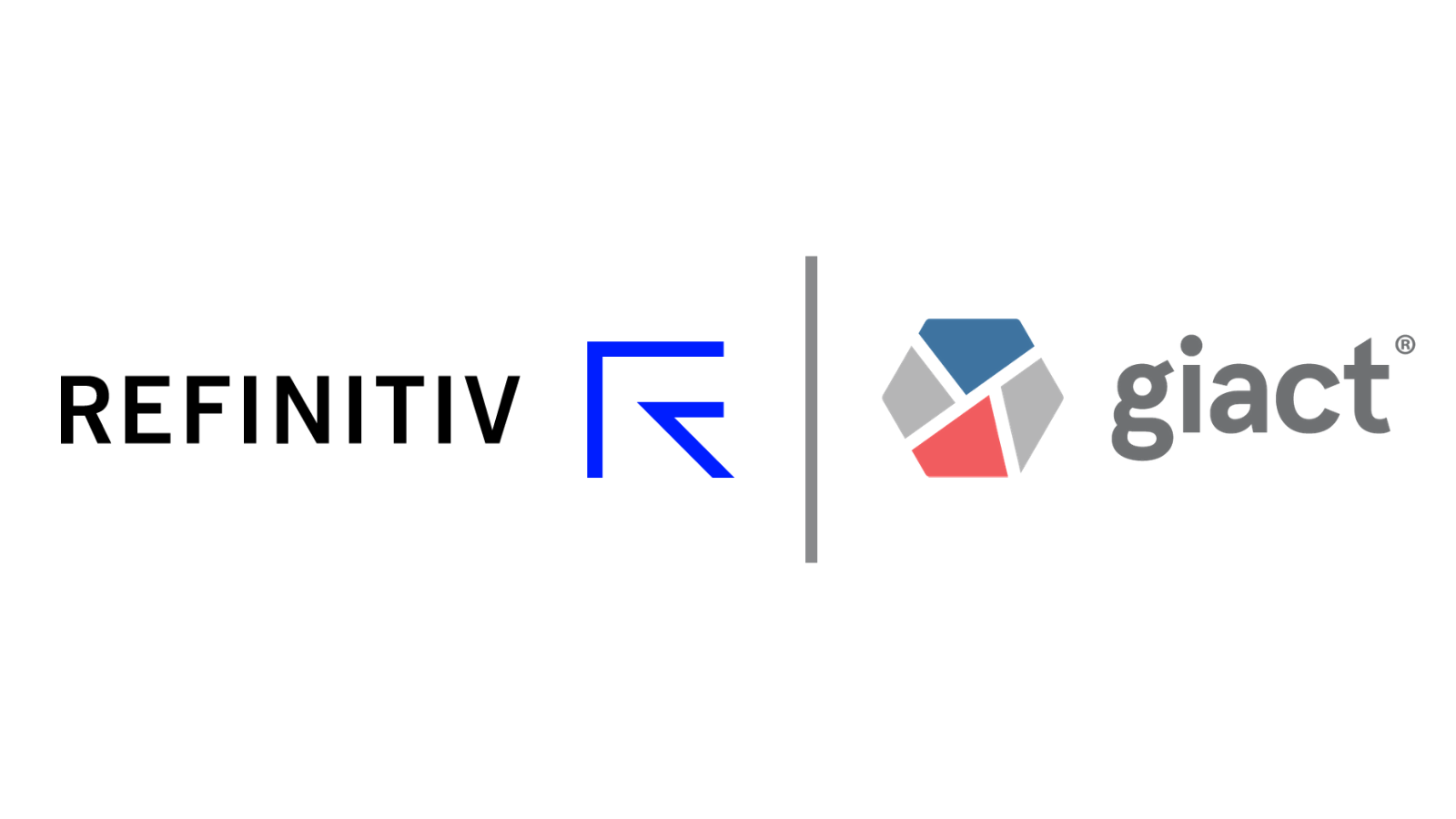- GIACT (a Refinitiv company) commissions report on payments scams targeting U.S. consumers
- One-in-three U.S. consumers were targeted by scams in 2021
- Phishing scams represented the most common type of scam targeting U.S. consumers
- U.S. consumers 18-24 years old were most likely to fall victim to a scam than any other age group
- The victims of romance scams and P2P scams were least likely to see their money returned
Boston – June 19, 2022 – Aite-Novarica Group, a research and advisory firm, today announced a new Impact Report commissioned by GIACT, a Refinitiv company, that reveals that 34% of U.S. consumers were targeted by scams in 2021. What is more, the report tracks which scams – from phishing, romance scams, P2P scams, to business email compromise – were the most common in 2021, the most financially irreversible, and how knowledgeable consumers were about the scams taking place.
Click here to download the report.
The report, Consumer Scams: Rising in Velocity & Sophistication, also looks at the methods scammers used to target U.S. consumers, including email, text, phone, and social media. As detailed within the report’s findings, U.S. consumers were solicited through a wide range of mediums using a variety of tactics to social engineer victims into providing payment and / or sensitive payment information.
Report highlights include:
- Scams have become a regular part of our daily, digital lives.Thirty-four percent of U.S. consumers were targeted by scams in 2021. Scammers used any means of communications necessary – email, text, phone, and social media – to reach their target.
- Phishing was the most prevalent type of scam in 2021. Nearly half (48%) of consumers surveyed said that they were contacted or subjected to a phishing scam – making it the most common scam tactic behind sweepstakes scams (29%) and online purchase scams (26%). Phishing is when a scammer sends a text or email with a link to a website with the goal of installing malware or collecting sensitive information.
- People ages 18 – 24 were more likely to fall for a scam than any other age group. While all age groups encountered scams at relatively the same rate, 33% of those who fell for a scam were between the ages 18 – 24 – the highest rate of any age group. (Older consumer age groups fell victim to scams at a 6 – 19% lower rate.) This might be because younger consumers generally have less experience recognizing a scam, despite being digitally savvy.
- Victims of romance scams and P2P scams were least likely to get their money back. A majority of victims of romance scams (66%) and P2P scams (56%) said that they were not able to retrieve their money after falling victim to a scam. In many cases, because of the sophisticated social engineering involved in these scams, victims readily paid their scammers, bypassing fraud controls, making these payments irreversible.
- Nearly half of consumers say that they have never received any educational materials about the scams taking place. Forty-five percent of U.S. consumers say they have not received education materials from their bank, credit card company, credit bureau, or other organization or service on scams. Given the prevalence of scams, educating consumers about how to safely use financial products and how to recognize a scam will be an important step in preventing financial crime.
This latest Aite-Novarica report on scams highlights not just how prevalent scams are, but how sophisticated, diverse and believable they have become.
James Mirfin
Global Head of Digital Identity & Fraud Solutions at Refinitiv
How firms can use education to protect consumers from scams
“It is worth noting that firms may be providing education to consumers, but as this report shows, it is not resonating or sinking in,” said Shirley Inscoe, Senior Advisor at Aite-Novarica Group and author of the report. “Unless more education about scams and how to protect themselves are put into the hands of consumers, more will likely fall victim to scams.”
“This latest Aite-Novarica report on scams highlights not just how prevalent scams are, but how sophisticated, diverse and believable they have become,” said James Mirfin, Global Head of Digital Identity & Fraud Solutions at Refinitiv. “We’re at a critical crossroads when it comes to protecting consumers – today’s scammers set up proven tactics and automation tools that bring their efforts to scale. Organizations – especially financial institutions, payment networks, and others that facilitate payments – need to introduce new solutions that provide additional guardrails around payments as well as educational campaigns that better prepare consumers for today’s high-risk environment.”
To download the report, click here.
About Aite-Novarica Group
Aite-Novarica Group is an advisory firm providing mission-critical insights on technology, regulations, markets, and operations to hundreds of banks, insurers, payments providers, and investment firms — as well as the technology and service providers that support them. Comprising former senior technology, strategy, and operations executives as well as experienced researchers and consultants, our experts provide actionable advice to our client base, leveraging deep insights developed via our extensive network of clients and other industry contacts. Visit us on the web and connect with us on Twitter and LinkedIn.
About GIACT (a Refinitiv company)
GIACT®, a Refinitiv and LSEG company, is the leader in helping companies positively identify and authenticate customers. Since 2004, GIACT has been empowering businesses across all industries with data-driven insights to prevent identity and payments fraud and improve compliance procedures, all through a single platform — the EPIC Platform®. For more information, visit giact.com or call 1-866-918-2409. Follow us on LinkedIn and Twitter.





























